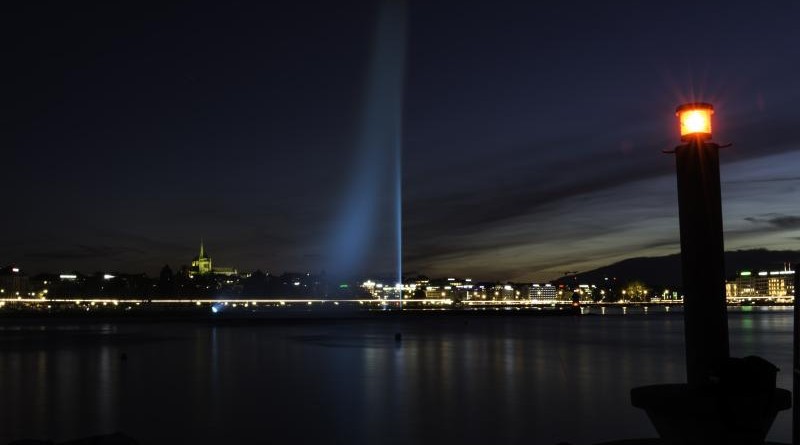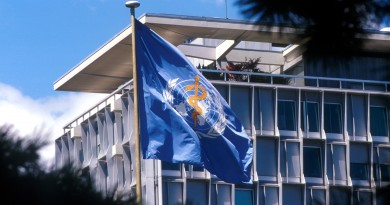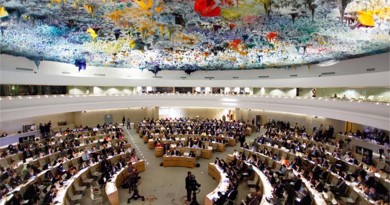Oral Statement at the UN Intergovernmental Working Group on the Right to Peace
CGNK’s accredited Representative at the United Nations in Geneva Christophe Barbey delivered the following Oral Statement at the Open-ended Intergovernmental Working Group (OEWG) on the Right to Peace informal consultation that took place on January 30 at the Palais des Nations in Geneva, Switzerland. The Human Righta Council has been working on the right to peace since 2008 (resolution 8/9). The goal of the Working Group, established by the UN’s Human Rights Council resolution 20/15, is to develop a Draft United Nations Declaration on the Right to Peace.
Peace is one of the three pillars of the United Nations’ work with development and human rights. Granting peace as a right, a human right, would enhance peace education, the practice of peaceful settlements of disputes, violence prevention and control of any use of force. As peace links all other human rights, both for their achievement and for their common practice, peace is a self-standing right. However, it is also highly needed for the respect of the right to life. In this perspective, it is the view of CGNK that the human right to peace will uphold the reduction of the number of killings and grant progress towards nonkilling societies”
CGNK has already participated in the discussions of the United Nations Declaration on the Right to Peace during the High Level Meeting on a Culture for Peace and the Alliance of Civilizations held in Santiago de Compostela on December 5, 2010, and will now continue its involvement in its capacity of non-governmental organization in special consultative status with the United Nations Economic and Social Council.
Oral Statement to the OEWG on the Right to Peace
Greetings,
Mister President,
Excellencies,
Ladies and Gentlemen,
It is with a living pleasure that I here present and represent a newly accredited NGO: the Center for Global Nonkilling. We are a worldwide congregation of scholars working to create and helping to create societies that do not kill.
We hold that the human right to peace is a self-standing right – as peace is needed for human life to thrive and for the fulfillment of all human rights – we are delighted to see in article 1 of the text of the chairperson-rapporteur the right to peace linked with the right to life, the right to live in peace.
In this regard, we recall article 3 of the Universal Declaration of Human Rights: “Everyone has the right to life, liberty and security of person”. This article contains both life and peace, as security of person is indeed an individual form of peace. In this perspective, we understand the right to life as being the right not to be killed, but also as everyone’s responsibility not to kill others.
We recall as well the General Comment n° 6 of the Human Rights Committee on the right to life, §2: “(…) The Committee considers that States have the supreme duty to prevent wars (…)”.
We would like to highlight also the proposed post-2015 development goal 16.1 which sets as an objective to “significantly reduce all forms of violence and related death rates everywhere”. A human right to peace will help achieve this objective.
Finally, we recall article 4 of the United Nations Charter, which says that membership of the UN is open to “peace-loving States”.
We do call upon the peace-loving States who are reluctant to admit the existence of the human right to peace to consider how much such a right would help us – individuals, institutions and States – to progress towards peace, dignity and towards respect for life.
The human right to peace will never infringe on security or on legitimate use of force. However, the main bearers of the power of war are States, so it is the responsibility of States to create, by all means, a lasting State of peace for all. By granting to the people the right to peace education, to peaceful settlement of disputes and by giving to the people some means of control and of reporting on how States progress towards the ideal of peace, the human right to peace will save numerous lives, will guarantee a better future for all and it will give more legitimacy to States as they progress together towards a more peaceful and sustainable world, towards a world free of killings.
Thank you for your peace progresses and for your full attention.
Geneva, 30th of January 2015



